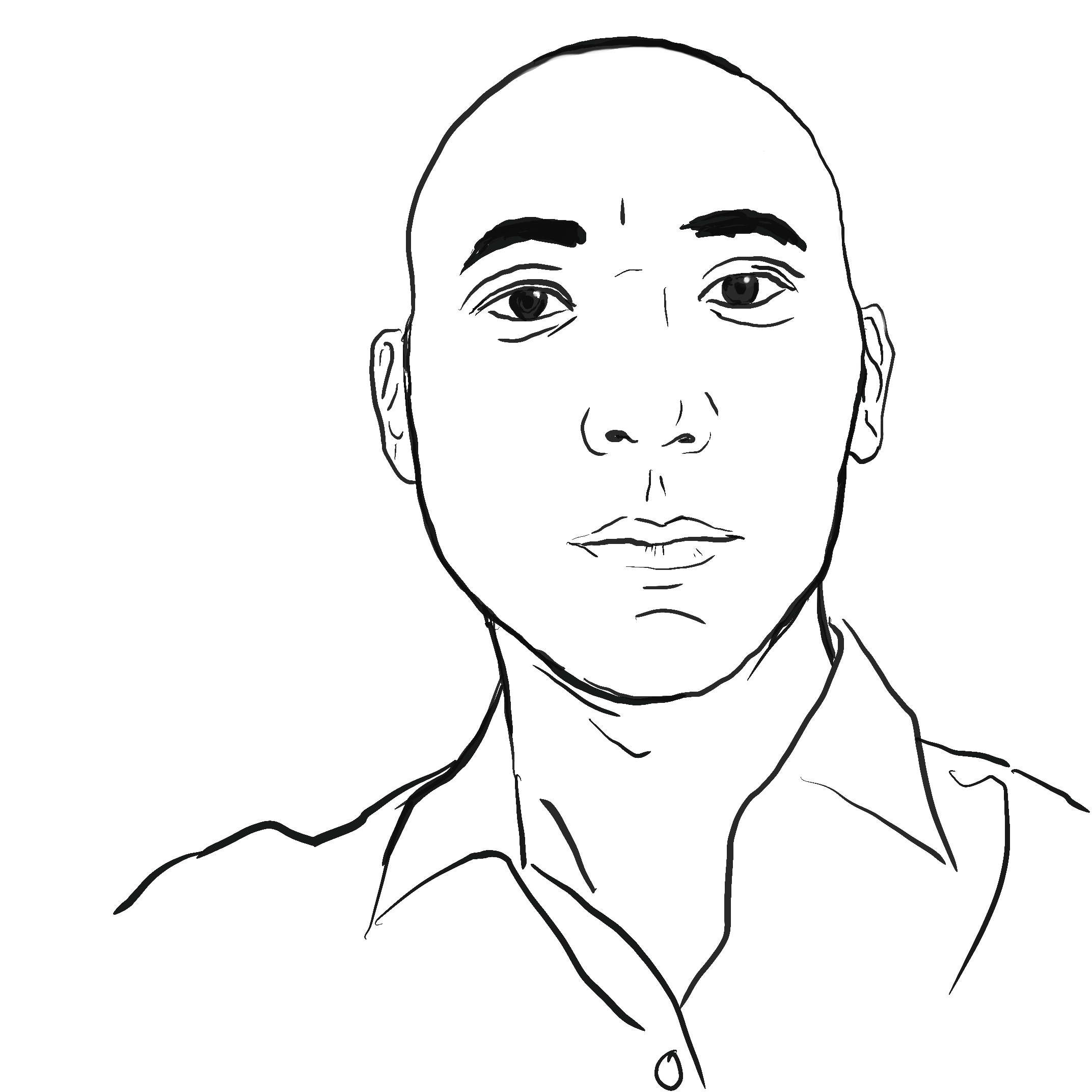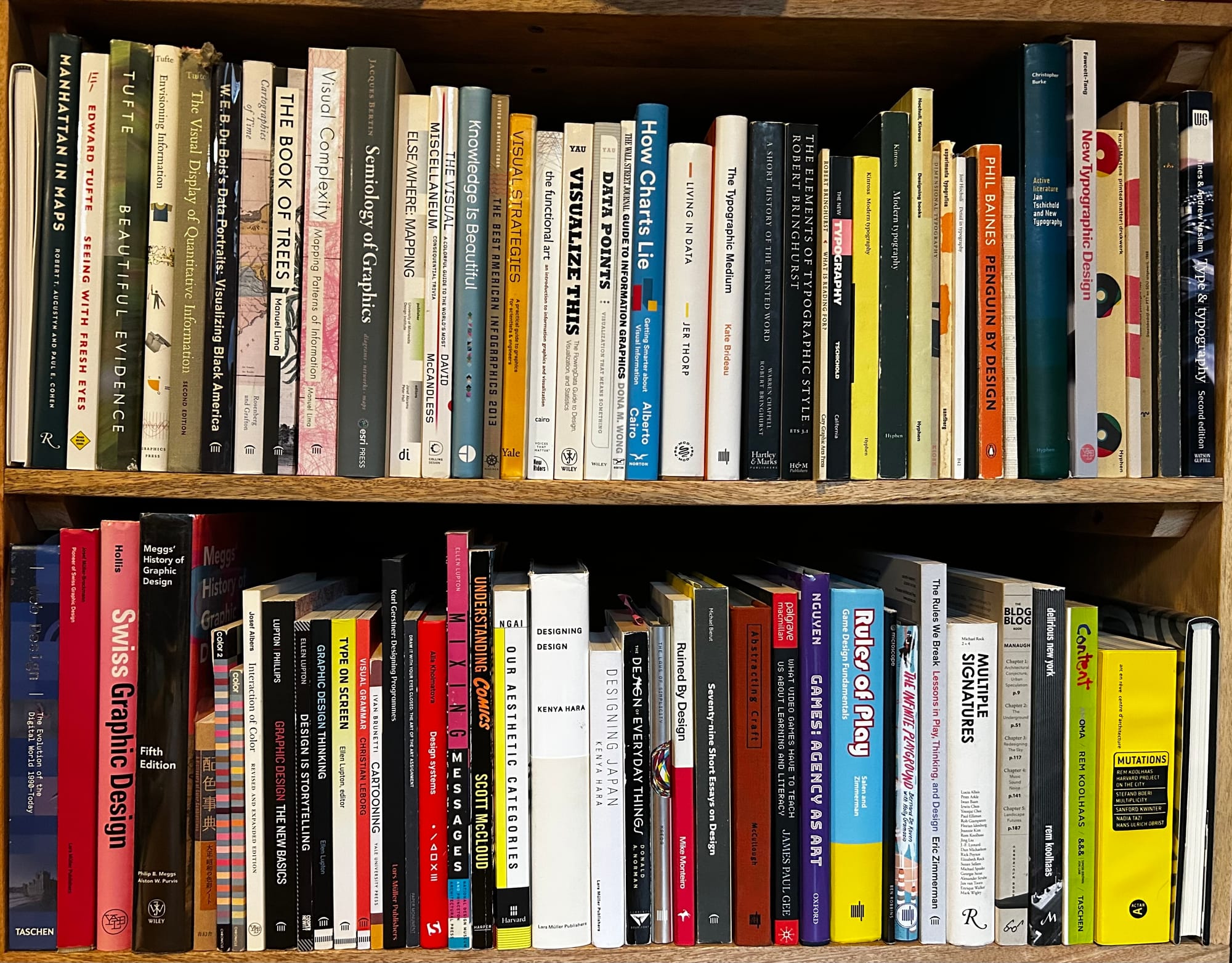Kudos to the team at Kurzgesagt. Beautiful concept and execution.
orality
7 postsPosts tagged with orality
I don't know if you can call this orality but it slaps
I mean, of course, yes, this is about orality. But like everything, I came upon this from hopping from lilypad to internet lilypad, from Mark Rebillet to Beardyman to DSharp here, and then from this to Kendrick Lamar, and I found this interview with him and Rick Rubin. Check the first few minutes of it and hear how he writes his songs:
Shoutout to ARIatHOME
I don't care if it's "staged" or if there's coordination behind the scenes. These performers still have to bring it and lay it down on demand. I'm sure there's plenty of editing that happens in these Shorts but the bursts of freestyle are real and it makes me appreciate living in New York City.
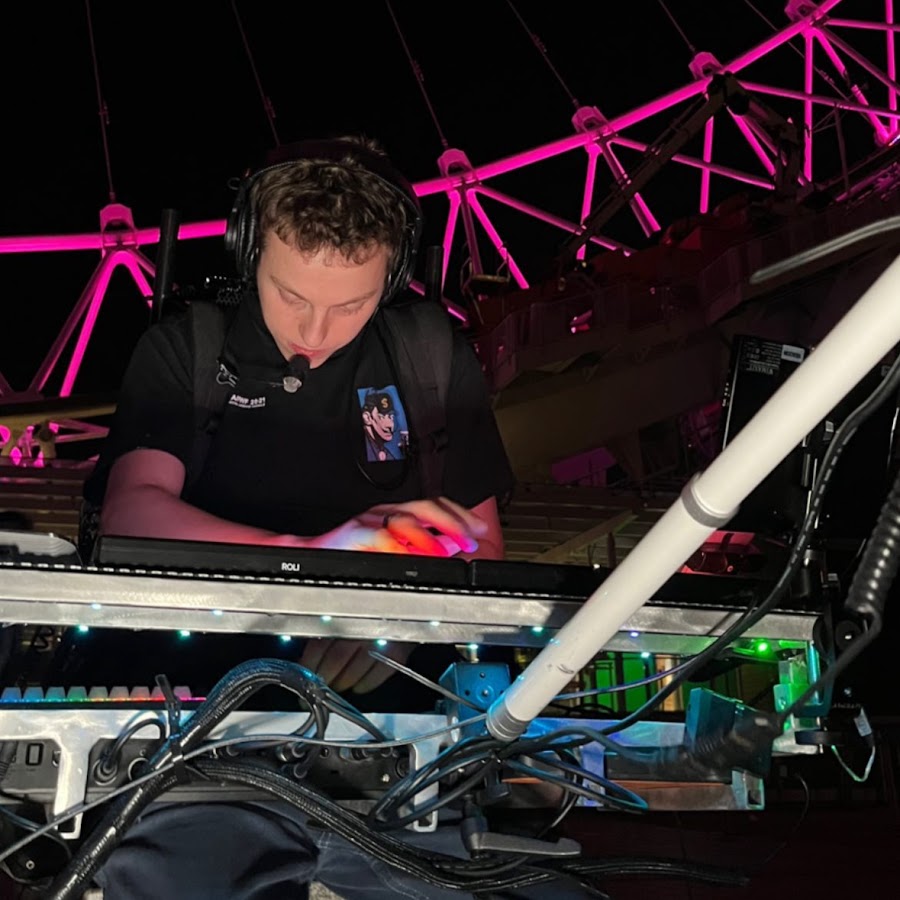
Really Damn Sloppy
AI chatbots are recreating Borges' infinite library by hallucinating books that don't exist - and people are trying to check them out.
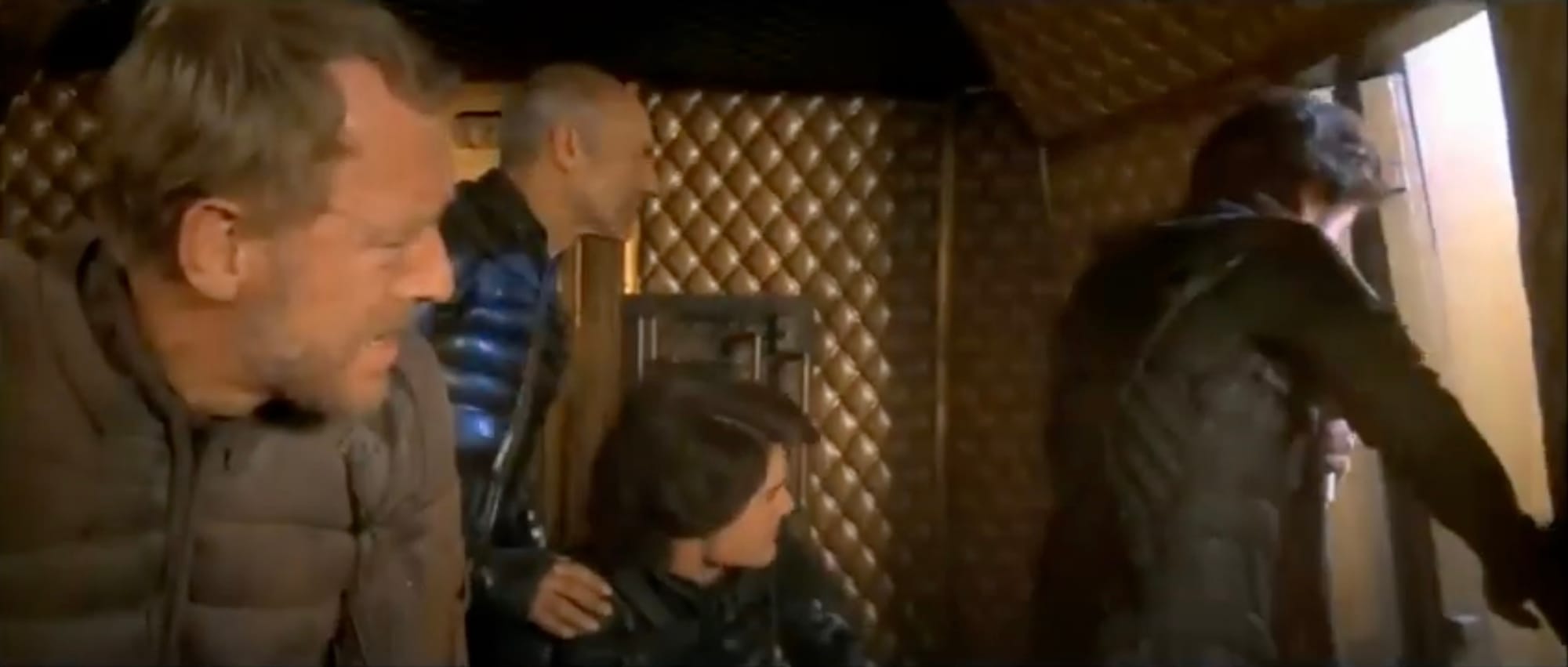
We're moving towards Borges' "Library of Babel," an infinite library that contains every possible book, including countless volumes of gibberish. But what this looks like in reality is so much more insidious than meaningless jumbles of letters. AI Slop looks all too real.
An emerging problem is that actual books are being printed which are generated (fully or partially) by LLMs. We don't have hard and fast numbers on this yet but we know this is a problem with eBooks on the Amazon Kindle store. But there are also the equally problematic references by AI chatbots to imaginary sources. As
The Eternal Present of Social Media
How social media's endless present is creating a new kind of cultural amnesia

Try to recall what you saw on social media the last time you scrolled. You’ll notice you can barely remember any posts, even if you scrolled for hours. This phenomenon has been confirmed by studies that have found that social media impairs both short-term and long-term memory. A social media feed is like the Lethe, the mythical river in whose waters lost souls sought absolution, and received it in the form of oblivion.
— Gurwinder Bhogal, "Social media is engineering amnesia: We’re trapped in Big Tech’s mind maze"
Social platforms are quietly rewiring
i feel better after i type to you
The human drive to form emotional bonds with digital entities hasn't changed since ELIZA - AI has just gotten better at completing the circuit.
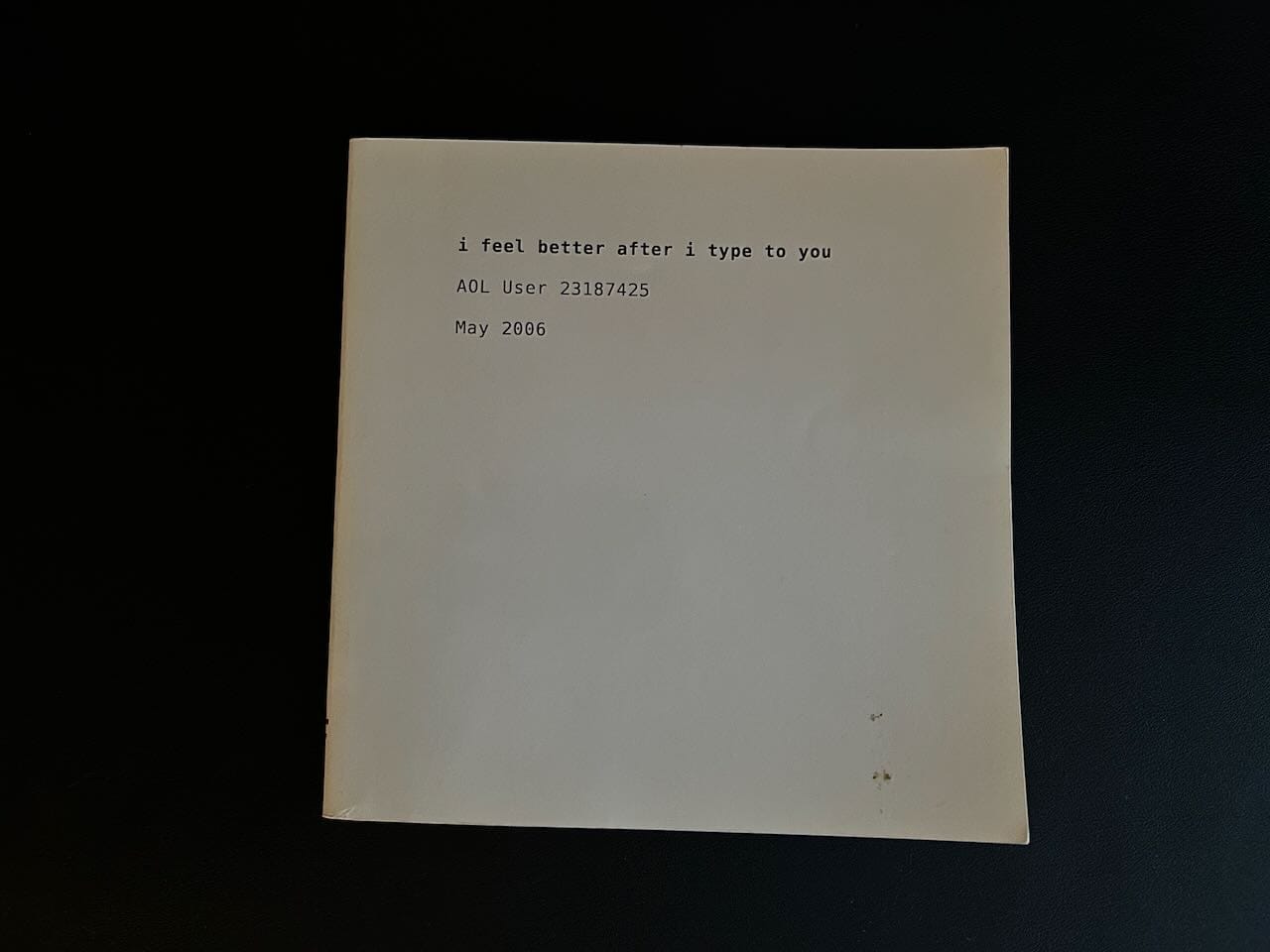
The recent Daily episode following the death of Adam Raine, induced by ChatGPT, reminded me of a less tragic but similarly sad book, i feel better after i type to you, which was a book published after the 2006 leak of entries typed into the AOL search box. Reading through the raw unedited transcript of one user's search queries felt like listening to a person whispering to an oracle, almost like looking into a person's bare soul.
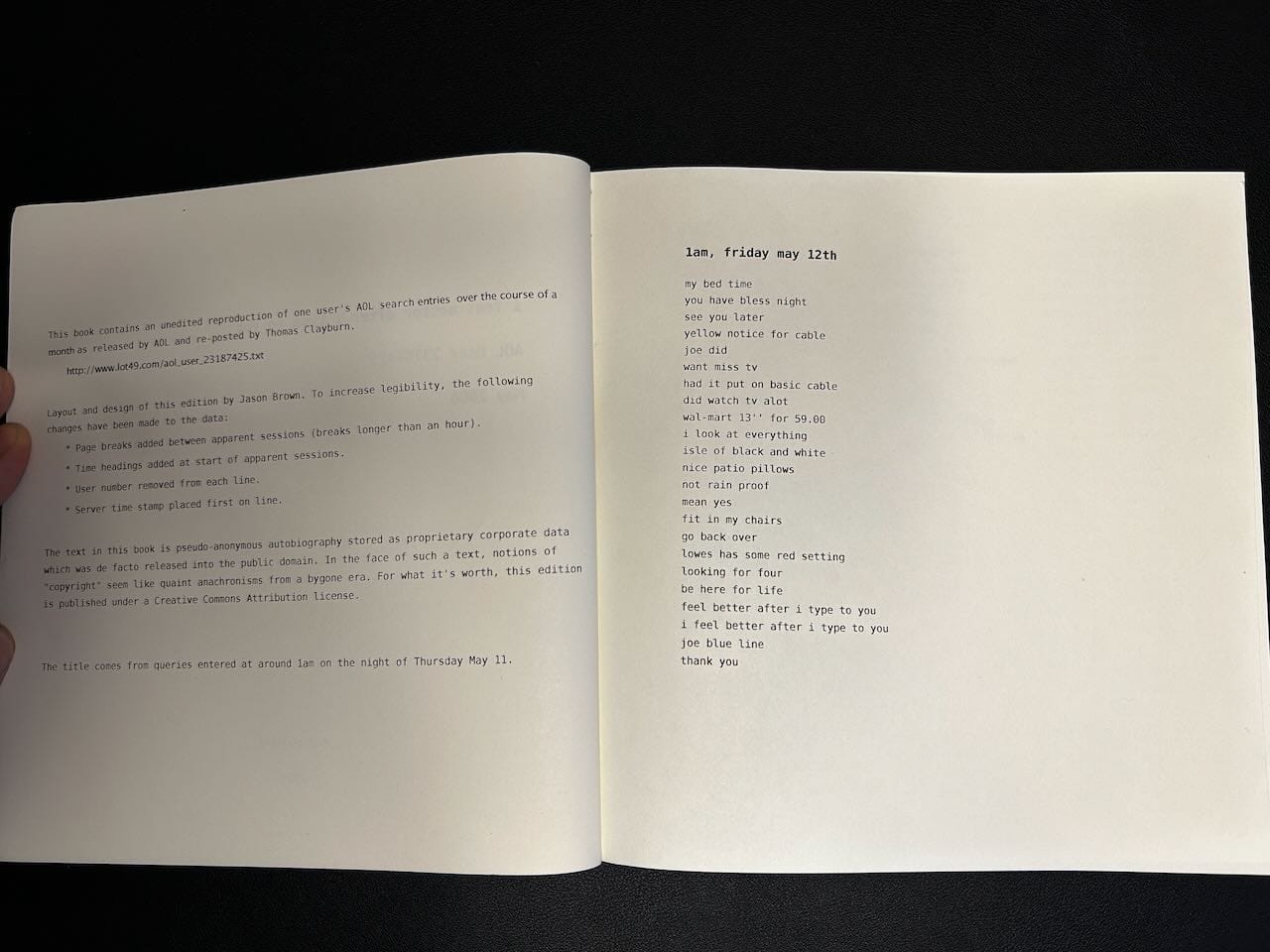
That was a one-way transcript, just the question but not the answer, though purportedly there were responses. But, in this recent incident and
